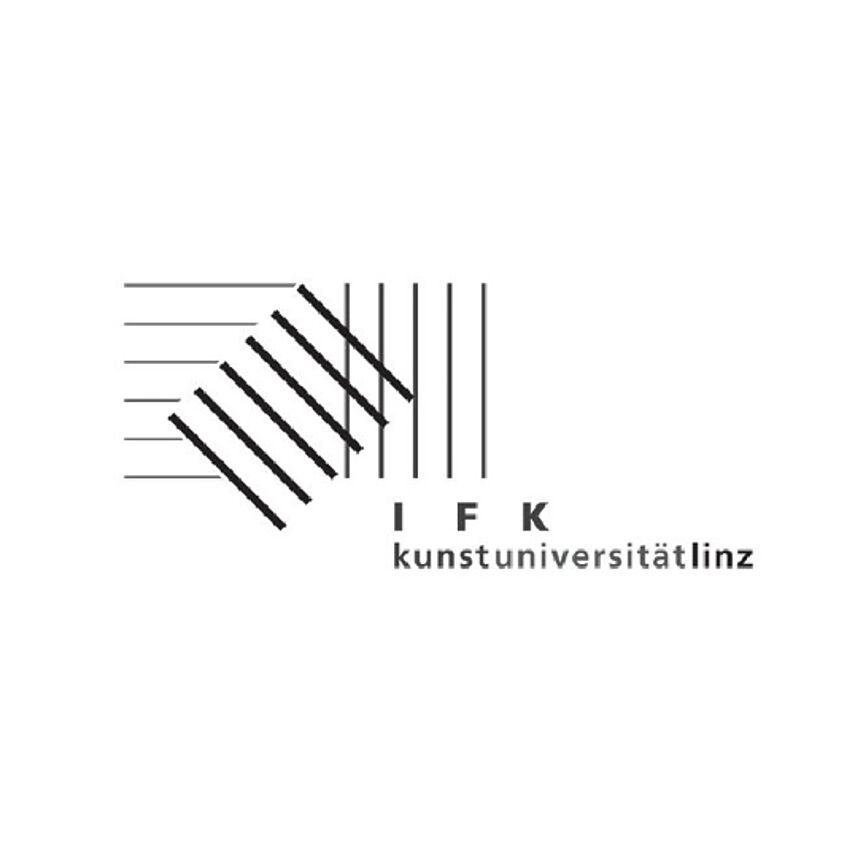Eric Wolf Lectures
Die internationalen ERIC WOLF LECTURES finden seit 2002 jedes zweite Jahr im Herbst statt; seit 2008 werden sie jährlich durchgeführt. Sie werden veranstaltet als Kooperation des Instituts für Kultur- und Sozialanthropologie der Universität Wien mit dem Institut für Sozialanthropologie der Österreichischen Akademie der Wissenschaften und dem Internationalen Forschungszentrum Kulturwissenschaften. Mit der Einladung zur Abhaltung dieses Vortrages werden Forscherinnen und Forscher für besondere wissenschaftliche Leistungen geehrt. Die Eric Wolf Lectures dienen zugleich der schöpferischen Weiterentwicklung des Vermächtnisses von Eric Wolf im Sinne einer kosmopolitischen und weltoffenen Kultur- und Sozialanthropologie. Eric R. Wolf (geb. 1923 in Wien, gest. 1999 in New York), Träger des McArthur-Preises, Mitglied der American Academy of Fine Arts and Sciences und Dr. h.c. der Universität Wien, war einer der bedeutendsten Anthropologen des 20. Jahrhunderts (s. Silverman in Gingrich, Fillitz & Musner 2007). Die Vorträge der Eröffnungsveranstaltung der Eric Wolf-Lectures 2002 sind in deutscher Sprache in Buchform erschienen (u.a. mit dem Festvortrag von Marshall Sahlins, einem Aufsatz von Eric Wolf und einem Beitrag von Sydel Silverman zu Leben und Wirken Eric Wolfs); seit 2004 werden die Eric Wolf Lectures in Current Anthropology, einer der renommiertesten Fachzeitschriften der anthropologischen Disziplinen, veröffentlicht. Seit 2006 findet in Verbindung mit dem Festvortrag ein kleines Reflexionsseminar am IFK statt.
- 25.03.2025 Tania Marray Li
Facing Power: Ethnographic Encounters in Indonesia’s Plantation Zone
- 24.10.2023 Akhil Gupta
Artificial Intelligence (AI) and Climate Change: Some Anthropological Questions
- 27.10.2022 Heike Behrend
Echos der Präsenz: Bemerkungen zur Geschichte der ethnografischen Feldforschung
- 10.11.2021 Adriana Petryna
Horizon Work: At the Edges of Knowledge in an Age of Runaway Climate Change
- 24.10.2019 Didier Fassin
Of Plots and Men - The Heuristics of Conspiracy Theories
- 05.11.2018 Arjun Appadurai
The Future of the European Enlightenment in the Age of Globalization
- ABGESAGT - 06.11.2017 Marcel Hénaff
Are We the Cruel Species? Violence, Language, and Cultural Differences
- 17.10.2016 Anna L Tsing
Others without History: Organisms as Agility-Shifting Actors in the Trajectory of Capital
- 09.11.2015 Gavin Smith
Elusive Relations - Distant, Intimate and Hostile
- 10.11.2014 Ulf Hannerz
Writing Futures: An Anthropologist's View of Global Scenarios
- 28.10.2013 Margaret Lock
Reassessing Embodiment in the Era of the Epigenome
- 21.11.2011 Vyjayanthi Rao
Slum as Theory: A Speculative World History
- 08.11.2010 Jean and John L. Comaroff
History and the People beyond Europe: A Counter-evolutionary Story?
- 03.11.2009 Aihwa Ong
What Marco Polo forgot’: Asian projects reconfigure the global
- 20.10.2008 Thomas Hylland Eriksen
Rebuilding the ship at sea: An anthropologist’s attempt to make sense of contemporary world history
- 2006 Judith Okely
Ethnographic knowledge has the power to transform: it may also be ignored, blocked or misappropriated
- 11.10.2004 Jane Schneider
Mafia, Antimafia, and the Plural Cultures of Sicily
- 2002 Marshall Sahlins
Anthropology, Culture, History


